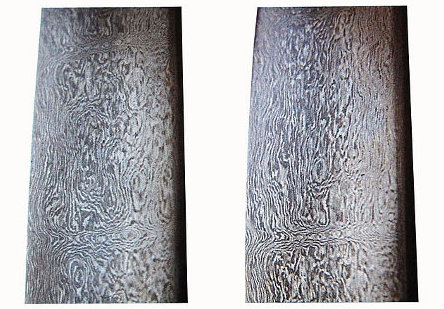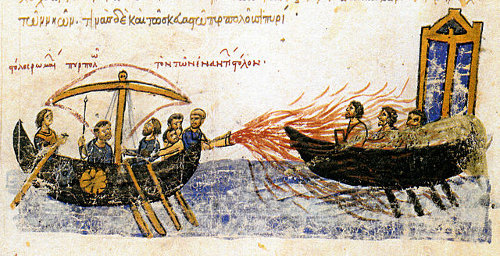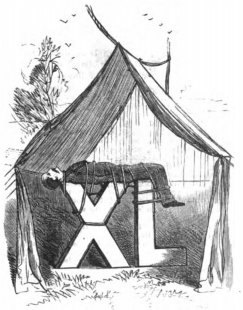In 1933 sculptor John Skeaping carved a horse of mahogany and pynkado and sent it to be displayed in Whipsnade Zoo in Bedfordshire. “Perhaps I ought to tell you that I have concealed something in the belly of my horse,” he told the Daily Mail. “It is a little bundle of papers containing my private and personal views and opinions about my contemporary artists and their work! … Posterity (if my horse survives) may get some fun out of what I have written. I hope it will, at any rate!”
Skeaping died in 1980. In 1991, conservation workers at the Tate Gallery found a folded document inside the horse:
This is practically my only opportunity of
Saying exactly what I think about
everyone.
In truth I am only interested in
myself and my own pleasure. I think that almost everyone I know
in the artistic world are just one mass
of stupidity
Henry Moore is a good
sculptor in a very limited way.
Barbara Hepworth has hardly got an
original idea in her head.
There are no other sculptors except
J. Epstein is one of the best artists
that we have
_____ Cedric Morris is one of the
_____ painters
__ and _____ ____ people I am ______.
The missing sections had faded or been eaten by insects. “I found this concealed artefact strangely moving,” wrote poet Paul Farley. “It was as if the art object, built from sound materials and designed to endure, had admitted something very human and very fragile.”







